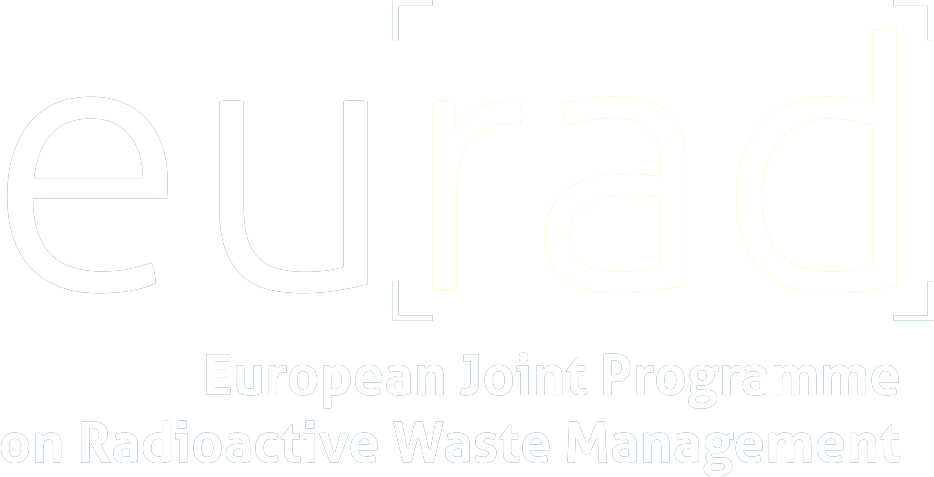Civil society organizations and the media express concerns about the availability of information related to the security of critical nuclear infrastructure – particularly since the Russian invasion of Ukraine in 2022. There does not seem to be a great deal of political drive to address these concerns with policy initiatives that improve the security of such facilities under new threat conditions. Academics and scientists focused on longer-term technical solutions for the management and storage of radioactive waste have also raised concerns about the obstacles to accessing data from other jurisdictions that is relevant to the success of their efforts.
Both of these matters could represent liabilities in the successful management of radioactive waste and might therefore be of interest to the Eurad 2 Steering Committee when considering the scope of its future research objectives.
While some stakeholders have raised these issues during Eurad discussions, it is up to the management to determine whether it would be appropriate to tackle these subject matters within the framework of the programme.
My objectives in this study and research mission related directly to my interest in and earlier engagement with these issues. It was my intention to observe the extent to which threat mitigation efforts to secure the protection of radioactive waste storage facilities given novel and unanticipated global threats are being addressed by the international agency responsible for coordinating and monitoring the management of back-end operations. It was also to identify the theoretical and historical models that support the argument that the examination and international review of waste management failures, entailing the sharing of the details of their scientific and technical basis, bolsters learning processes and may be key to accelerating successful solutions to these challenging problems.
As a member of the Civil Society Larger Group I have had opportunities to observe Eurad project beneficiaries presenting good practices, novel problem-solving approaches and technical achievements. What has been lacking, perhaps, are critical perspectives related to the inability to access national technical and scientific data and the decision-making processes that surround governance and policy, and advocacy directed towards the creative solutions for overcoming these obstacles to progress. Non-state actors such as civil society groups may be in a position to better promote these ideas.
The cross-cutting topics in focus during the IAEA international security conference was thought to be an excellent opportunity to gain an overview of the types of security guidance, security applications, technical measures, regulatory challenges and degree of adherence to legal instruments that exists today. National statements, policy discussions, reports and coordination activities may offer insights about the most pressing issues in this area, and I hope to share the conference papers and my learnings with my civil society colleagues.
Access to an academic database and library collection at the Central European Univeristy, which has a particularly strong academic focus on critical thinking in the social science and humanities, is valuable to find sources that provide a scientific and theoretical basis to work on a methodological framework to promote within Eurad the value of considering innovative approaches to its own project goals. Models, arguments and methodological tools will be sought during this research.
Finally, some historical examples of models, and successful implementation of transnational efforts to find technological and policy solutions to the challenges in the area of radioactive waste management systems are sought. These could serve to demonstrate the added value of collaboration and encourage the fostering of open information systems.


